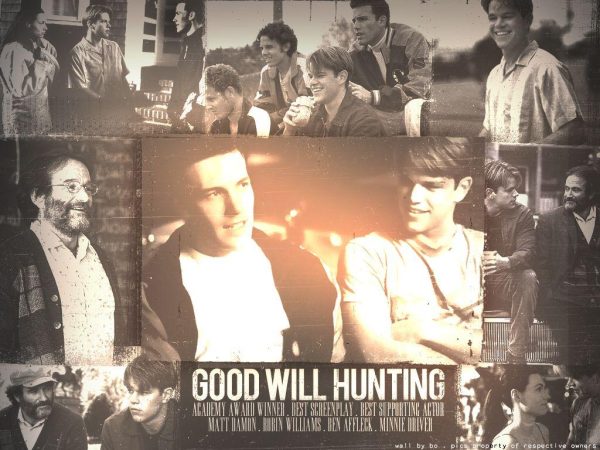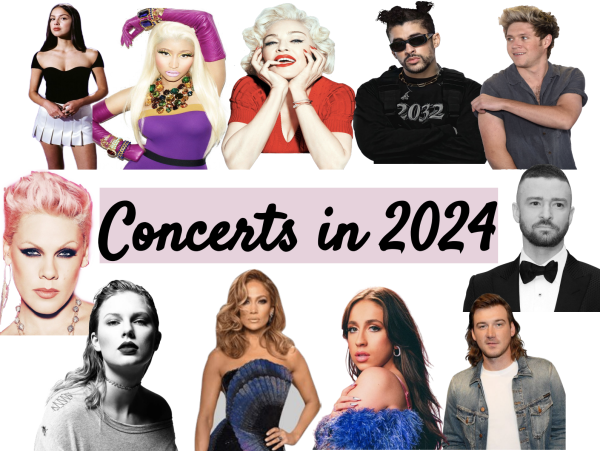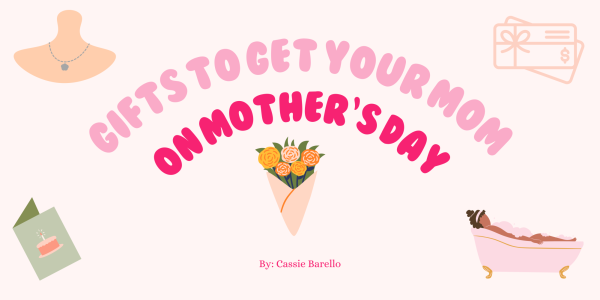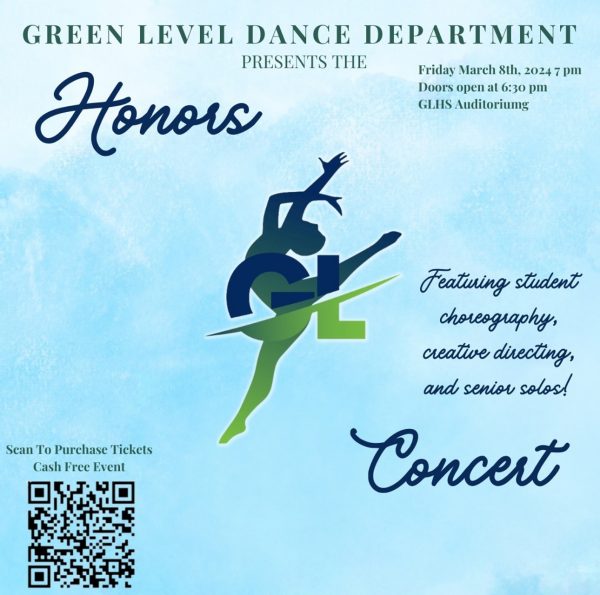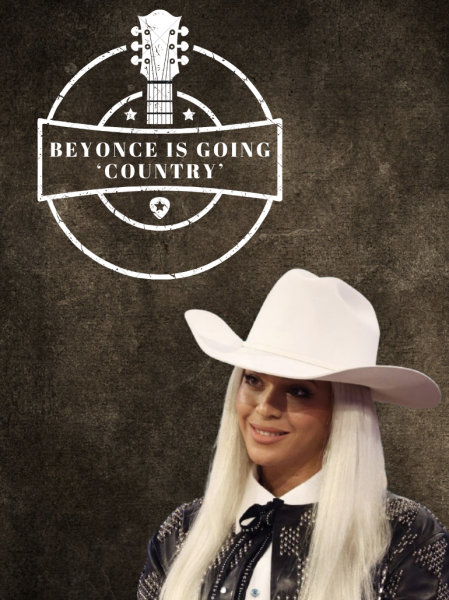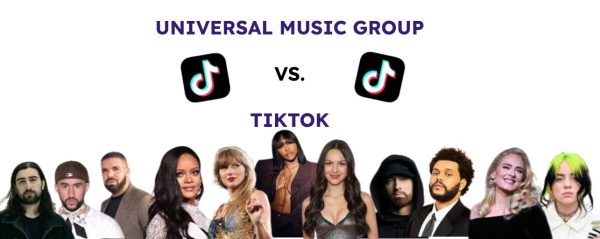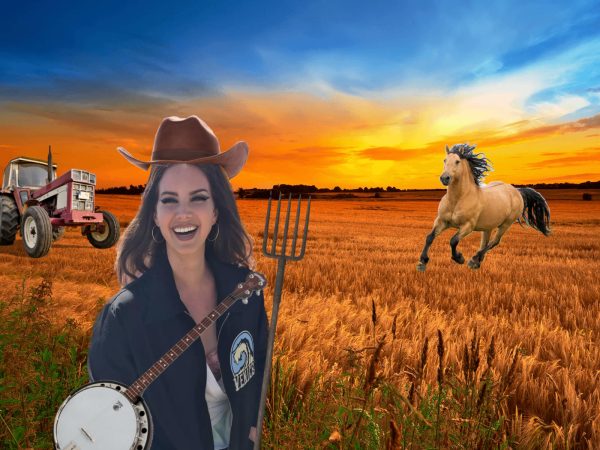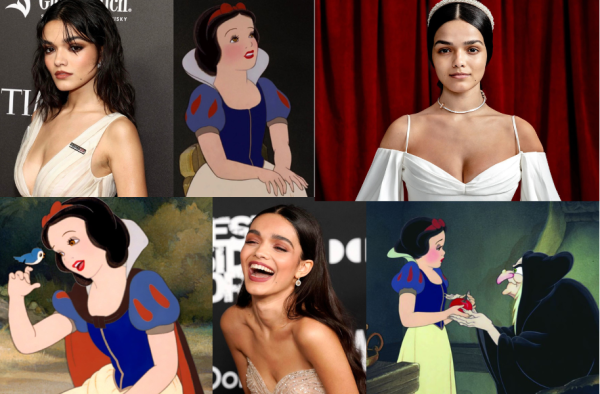Is Taylor Swift A Mastermind?: A Midnights Album Review
Taylor Swift is one of the most recognizable musicians of all time. She has already sold more than 13 million albums around the world and has the most top 40 singles out of any female artist. She also earned multiple awards including the Artist of the Year Award at the American Music Awards and the Album of the Year Award. At 12 am on October 21, 2022, Taylor Swift released her 10th album: Midnights.
The first song on the album is called Lavender Haze, a song that Swift has described as a love ballad, saying, “…I looked it up because I thought it sounded cool and it turns out that it’s a common phrase used in the 50s where they would just describe being in love…Like my relationship for six years, we’ve had to dodge weird rumors, tabloid stuff and we just ignore it. So this song is about the act of ignoring that stuff to protect the real stuff.” Jack Antonoff’s production of this song, as well as the majority of the album, is very reminiscent of Lorde’s Melodrama and I like it when you sleep, for you are so beautiful yet so unaware of it by The 1975. Swift’s lyricism throughout this song takes the listener through this journey of struggling with domesticity and protecting a relationship, with lyrics such as, “All they keep asking me is if I’m gonna be your bride the only kinda girl they see is a one-night or a wife” and “I’m damned if I do give a damn what people say.”
The second song on the album is Maroon. So many of Swift’s signature songwriting elements are present, and their impact hasn’t diminished in the slightest. These include specific recollections pouring with sensitivity, missed opportunities for romance, and feelings that change in tandem with the refrain. Swift’s vocal performance, which rushes through lines but is careful to pull back for the heaviest realizations, is equally as dramatic as the lyric sheet. Swift refers to red as the color of love in the song Red, and in the song Maroon, she talks about a relationship that was “so scarlet it was maroon.” The wine-stained T-shirt, the rushing blood to her cheeks, and other details of a romance that started with a man she was “dancing with in New York” are all described by the burgundy hue. Given that the relationship was described as having ended, there is the assumption that Tom Hiddleston may be the topic of this song.
The third song on the album is Anti-Hero, the lead single from Midnights. She sings about how while her image has been primarily “squeaky clean,” she might not be the pristine figure that the media has painted her to be, and maybe we shouldn’t put her on a pedestal. Similar to the first two songs, the production is very upbeat and synthesized, like her song Only The Young from her 2020 documentary, Miss Americana— a stark contrast to the nature of her lyrics. She sings about her self-loathing and insecurities, often referencing her 2017 album reputation, with lyrical connections such as Anti-Hero’s “I wake up screaming from dreaming one day I’ll watch as you’re leaving ’cause you got tired of my scheming” and Call It What You Want’s “You don’t need to save me but would you run away with me?” She voices her fears of losing long-time boyfriend Joe Alwyn again in the lyric, “wake up screaming from dreaming one day I’ll watch as you’re leaving and life will lose all its meaning.”
The fourth track on Taylor Swift’s most recent album is Snow on the Beach. The song’s dreamy, almost eerie quality is intentional because it captures a once-in-a-lifetime emotion, according to Swift, who described it as that “cataclysmic, fated moment where you realize someone feels exactly the same way that you feel at the same moment”. It wouldn’t be unreasonable to think that Swift, who has been dating actor Joe Alwyn for six years, is referring to her own “cataclysmic, fated moment”. It makes sense that the song pairs the superstar with Lana Del Rey, another pop genius (whose influence Taylor has previously praised) with a completely different songwriting style, as Snow On The Beach centers on the unlikely collision between disparate natural wonders, which Swift describes as “weird, but f-king beautiful.” The sole collaboration on the record sways to starry images and hesitant vocal takes, its quirks jarring at first listen. But Snow On The Beach, a collaboration between two musicians, has a hypnotic quality that, after a few listens, seeps into your skin.
You’re On Your Own, Kid is the fifth song off of Midnights, a song that wrestles with the yearning for love and ultimately realizing she is doing this unreciprocated. Swift ties in bluegrass influence with synth-pop, keeping her Melodrama-esque soft percussion beat but referencing the bluegrass song with the lyric, “I see the great escape so long, Daisy May I picked the petals, he loves me not.” Fans have speculated that this lyric is also tying back to Swift’s self-titled debut album, referring to her picking petals in her Our Song music video. She parallels It’s Nice To Have A Friend from her seventh studio album, Lover, singing about falling in love with your best friend (He’s gonna notice me it’s okay, we’re the best of friends / It’s nice to have a friend). She references her struggles of trying to be loved by everybody, connecting back to Red (Taylor’s Version)’s All Too Well (Ten Minute Version (From The Vault)) with corresponding lyrics like, “I hosted parties and starved my body / From when your Brooklyn broke my skin and bones I’m a soldier who’s returning half her weight” and “The jokes weren’t funny / And I was never good at telling jokes.” As the song progresses, Swift deviates from her need for unconditional love and ends the bridge with, “So, make the friendship bracelets, take the moment and taste it You’ve got no reason to be afraid,” ultimately accepting that she doesn’t have to try and grow up quickly to be accepted and loved, she can move at her own pace and be happy with her life.
The sixth song off of Midnights, Midnight Rain, tackles ending a comfortable relationship, comparing differing views between her and her partner, calling him sunshine and her midnight rain. She addresses that the breakup was her fault, saying, “I broke his heart ’cause he was nice.” Swift also rejects the domesticity of small-town and relatively normal life, singing, “He wanted it comfortable, I wanted that paint he wanted a bride, I was making my own name / My town was a wasteland full of cages, full of fences pageant queens and big pretenders / It came like a postcard picture perfect shiny family holiday peppermint candy but for him, it’s every day.” Her lyric “He wanted it comfortable, I wanted that pain, he wanted a bride, I was making my own name” also directly parallels Fifteen’s “Back then I swore I was gonna marry him someday but I realized some bigger dreams of mine.” She puts the blame on herself, ending this relationship because she wanted to put her career first instead of settling down. The song starts off with what later is the chorus, and she ends with how now that the relationship has passed, neither party thinks of each other often, Swift during her sleepless nights and her ex when he sees her on TV.
In Question…?, the seventh track of the album, Taylor wants to ask a “sad boy” these questions after an argument that led to a fallout. The lyrics parallel the songs Out of the Woods and Style, from her fifth studio album, 1989, reputation’s Dress, and folklore’s illicit affairs, with connections such as, “I remember / Oh, I remember,” “And what’s that that I heard? That you’re still with her? / ‘I heard, (oh) that you’ve been out and about with some other girl,’” “Did you ever have someone kiss you in a crowded room / Our secret moments in a crowded room,” “Before you painted all my nights a color I’ve searched for since / You showed me colors you know I can’t see with anyone else.” Her curiosity keeps her up and at this party, she wonders if he is doing all of these things that he did with her or if he reminisces on their relationship as she does.
Track 8, Vigilante S***, embraces Swift’s vengeful side as she sings about revenge being her sole motivator, singing, “I don’t dress for women I don’t dress for men lately I’ve been dressin’ for revenge / I don’t dress for friends lately I’ve been dressin’ for revenge / And I don’t dress for villains or for innocents on my vigilante s*** again.” She puts this stress on how she is seeking revenge on someone who is careless in who they harm, which people have speculated about be about Scooter Braun or Kanye West, two people that she has publicly feuded with. Both Braun and West have split up with their wives, something that conveniently corresponds with the lyrics, “She needed cold hard proof, so I gave her some she had the envelope, where you think she got it from? Now she gets the house, gets the kids, gets the pride picture me thick as thieves with your ex-wife and she looks so pretty drivin’ in your Benz lately she’s been dressin’ for revenge.” This parallels her song no body, no crime from her ninth studio album, evermore, where she takes revenge on her late friend’s husband, another situation where she takes matters into her own hands and embraces vigilante justice.
Bejeweled, the 9th track off of Midnights, addresses feeling getting over amounting your self-worth to how your partner treats you– which Swift acknowledges in the lyric, “Best believe I’m still bejeweled when I walk in the room I can still make the whole place shimmer.” This is believed to be about Swift’s previous relationship with Calvin Harris due to connections fans have made between the lyrics, “But some guy said my aura’s moonstone just ’cause he was high and we danced all night” and her dance-off with Tom Hiddleston at the 2016 Met Gala. The synthesized beat and loud bass and percussion create an upbeat anthem, reminding everyone that you are more than how someone treats you.
Track 10, Labyrinth, questions how love can happen when you are not at your best. Like its title, Labyrinth begins with the high-pitched trills from her most recent albums, folklore and evermore, before veering off into a funky synth-pop surprise. Swift reflects on the excitement of newfound love—and all its ensuing confusions—in the song from her latest album, Midnights, singing, “I thought the jet was going down / how’d you turn it around around.” The song “Labyrinth” doesn’t seem to be about any particular person or relationship from the singer’s past, despite the fact that some lines such as “You know how much I hate / That everybody just expects me to bounce back” and “I’ll be getting over you my whole life” alludes to previous breakups. Instead, the song acts as a look back at all of her heartbreaking encounters with love. However, “Labyrinth” abruptly switches to a funkier, dance-like tempo possibly evoking Swift’s most recent foray into a romance with her partner Joe Alwyn.
Karma is the eleventh song on the album. Swifties are well aware of the strange relationship the term “Karma” has with Taylor Swift. Long thought to be the name of a covert record Taylor was compelled to abandon before Reputation, the phrase has surfaced in the intervening years. A few years later, and now the new album includes a song titled “Karma.” When Taylor debuted the song, the speculation about what it might be about spurred a reaction from fans. On the New Music Daily segment of Apple Music, she explained to Zane Lowe, “So one of the themes about Midnights is how you’re feeling in the middle of the night and that can be intense self-hatred. You go through these very polarizing emotions when you’re up late at night and your brain just spirals.” She continued, “It can spiral downward or it can spiral way up and you can just be really feeling yourself.” Karma is written from the perspective of someone who is, say, incredibly pleased and proud of how their life is going and who believes that this must be their reward for doing things well. Fans think Kanye West and Scooter Braun are the focus of the song, but Taylor refuted such claims.
Track 12, Sweet Nothing, follows Taylor as she shares the ups and downs of being in the spotlight and how she finds comfort and serenity in her six-year relationship with Joe Alwyn. Taylor makes it clear in the chorus (“Everyone’s up to something, I found myself a-running home to your sweet nothings Outside they’re push and shoving You’re in the kitchen hummin’ All that you ever wanted from me was sweet nothing”) that she finds refuge and comfort in hiding from the outside world with Joe, despite the fact that many people have ulterior intentions toward her because of her fame.
The final song on the album is Mastermind. If you’re inclined to view Taylor as a villain, she depicts her narrative as follows: “No one wanted to play with me as a little kid / So I’ve been scheming like a criminal ever since / To make them love me and make it seem effortless.” This track’s upbeat empowerment reveals to the audience who has been in control throughout (referring to Taylor herself). As the beats intensify and echo around her words, it leaves you feeling uplifted.
Ultimately, Swift has mastered the feeling of intimacy and vulnerability throughout the album, voicing her fears and insecurities, integrating thoughts of self-loathing, vigilantism, and domesticity throughout the album, and keeps the subdued pop production throughout the album, contrasting the depth of the lyrics. Midnights has become an overnight sensation, breaking the record for the most streamed album in a day on Spotify and Apple Music, most vinyl records sold in a day, surpassing Harry’s House by over 200,000 copies, and Swift became the most streamed artist on Spotify on the album’s release day. Midnights is available on all platforms, and we highly recommend that everyone checks it out!

Cece Ford is a senior at Green Level and a first year Gator’s Eye contributor. Her favorite hobbies include reading, watching movies, shopping, and spending...

Tina Dongara is a Senior. She loves being part of The Gator’s Eye as a writer and Opinion editor. In her free time, she enjoys spending time with her...




